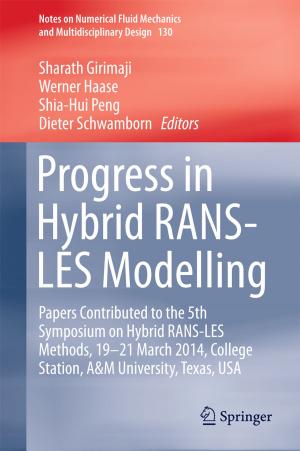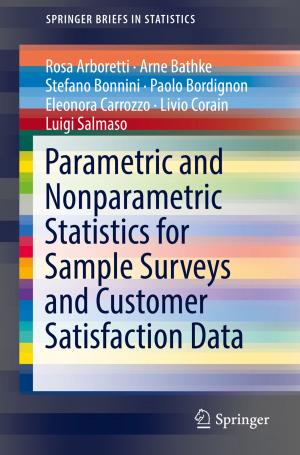Modal Epistemology After Rationalism
Nonfiction, Religion & Spirituality, Philosophy, Epistemology, Metaphysics| Author: | ISBN: | 9783319443096 | |
| Publisher: | Springer International Publishing | Publication: | November 9, 2016 |
| Imprint: | Springer | Language: | English |
| Author: | |
| ISBN: | 9783319443096 |
| Publisher: | Springer International Publishing |
| Publication: | November 9, 2016 |
| Imprint: | Springer |
| Language: | English |
This collection highlights the new trend away from rationalism and toward empiricism in the epistemology of modality. Accordingly, the book represents a wide range of positions on the empirical sources of modal knowledge. Readers will find an introduction that surveys the field and provides a brief overview of the work, which progresses from empirically-sensitive rationalist accounts to fully empiricist accounts of modal knowledge. Early chapters focus on challenges to rationalist theories, essence-based approaches to modal knowledge, and the prospects for naturalizing modal epistemology. The middle chapters present positive accounts that reject rationalism, but which stop short of advocating exclusive appeal to empirical sources of modal knowledge. The final chapters mark a transition toward exclusive reliance on empirical sources of modal knowledge. They explore ways of making similarity-based, analogical, inductive, and abductive arguments for modal claims based on empirical information. Modal epistemology is coming into its own as a field, and this book has the potential to anchor a new research agenda.
This collection highlights the new trend away from rationalism and toward empiricism in the epistemology of modality. Accordingly, the book represents a wide range of positions on the empirical sources of modal knowledge. Readers will find an introduction that surveys the field and provides a brief overview of the work, which progresses from empirically-sensitive rationalist accounts to fully empiricist accounts of modal knowledge. Early chapters focus on challenges to rationalist theories, essence-based approaches to modal knowledge, and the prospects for naturalizing modal epistemology. The middle chapters present positive accounts that reject rationalism, but which stop short of advocating exclusive appeal to empirical sources of modal knowledge. The final chapters mark a transition toward exclusive reliance on empirical sources of modal knowledge. They explore ways of making similarity-based, analogical, inductive, and abductive arguments for modal claims based on empirical information. Modal epistemology is coming into its own as a field, and this book has the potential to anchor a new research agenda.















